Out Now
The Mental Health Issue
Current Issue
The Mental Health Issue
AUG - SEPT 2025
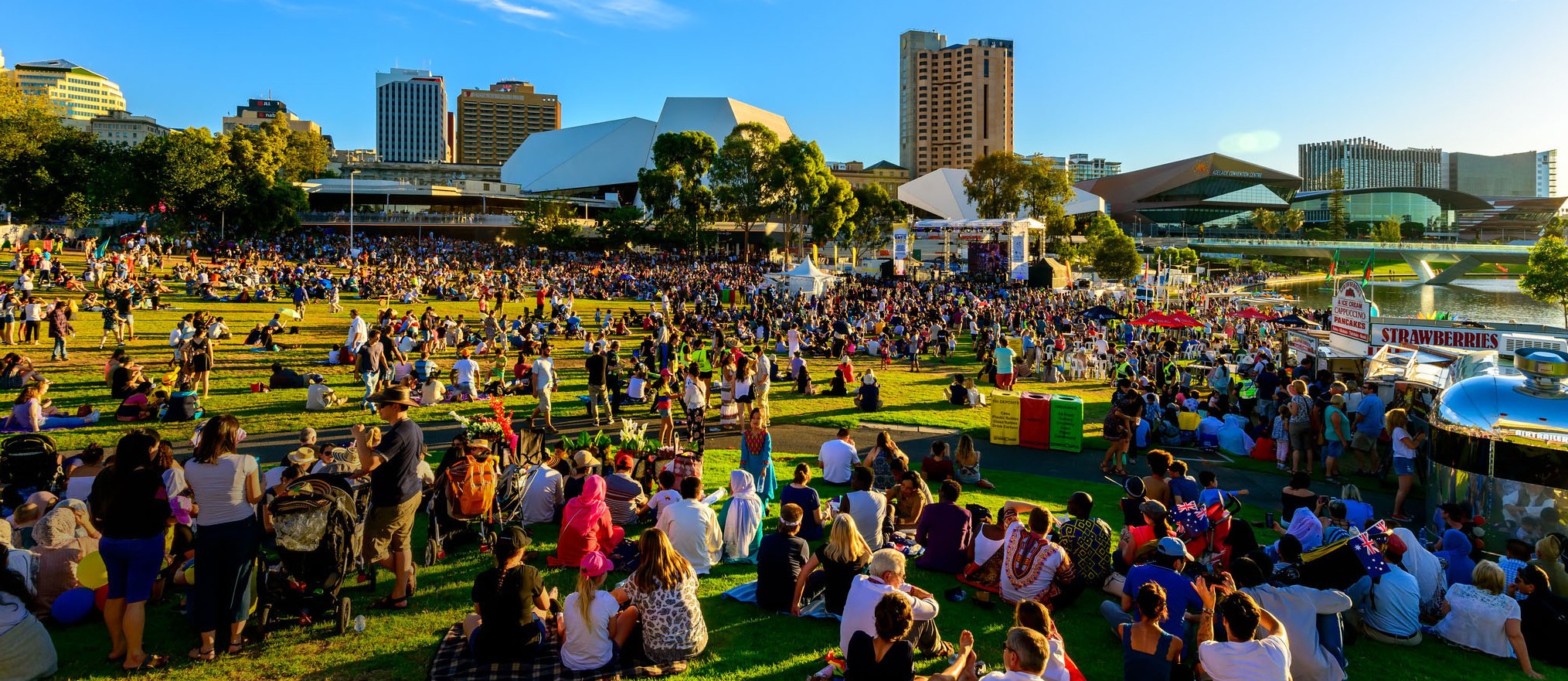
Who hasn’t thought about running away to join the circus? As an electrician, the dream is well within your grasp.
Ah, the smell of the greasepaint, the roar of the crowd. What other career can take you from the building site to the theatre, circus or stadium? Working as an electrician at big events can be chaotic and thrilling, and it takes a particular set of skills. We’re not talking juggling — although that might help. Meet three sparkies who are helping to bring live entertainment to the masses.
Riding high
Ryan Peipert is a Sydney-based sparkie – and a regular at Gemcell supplier TEDs in Chatswood – who works at the Sydney Royal Easter Show. One of the city’s biggest annual events, he’s in hot demand when the food trucks stop sizzling or the bouncy castle starts to droop.
“I work across a number of different things from carnival rides to catering. Last year at the Show we had 38 sites to look after. It’s a pretty high-pressure job — there’s a start date and there’s a queue of people waiting.
“When I was at school, I had a mate whose parents bought a food van. We’d spend our weekends working out how to fix things. His dad was an electrician and we learned from him. Thirty years ago you could get away with that kind of thing.
| “I made so many contacts when I first worked the Easter Show. It’s hard to find tradies on Easter weekend, but I was always there. And because you’re hanging around these people all the time, you sort of get dragged along. I really like the people I work with. They’re good people. A lot of them are third and fourth generation and it’s all they’ve ever known.”
“The carnival ride work I do is mostly self-taught. It’s a lot of learning how things work, spending time on it, looking at the plans, and working out what things do. And there are a lot of emails back and forth to places overseas where things are built.” |
 |
“Rides are classified from one to five. Most of the rides I work on are up to class three. When you get up to the big rides, you need an electrical engineer to sign off on them. I can do repairs, but for the annual safety inspection, you need to go up to another level.”
“For people wanting to get into this line of work, I’d say find somebody who does it to learn from. And make sure you do well under pressure, because the show must go on!”
Fast and furious
Mark Larkin is Operations Manager at EVENTelec, based on Queensland’s Gold Coast. He works across music festivals, sporting events, political summits and racetracks. There is no typical day.
“We’re an event company. We specialise in events. If there’s any form of electrical work to do at an event site, we do it.”
“Right now I’m at the Mount Isa Rodeo. We have a team at Queensland Raceway in Ipswich. We’re also doing BLEACH Festival on the Gold Coast and LUMINOUS Festival in Brisbane.”
“I went into this straight out of school. I’d previously worked as a labourer on event sites like the Sanctuary Cove International Boat Show, and I was asked by EVENTelec if I wanted to see the country and do an electrical apprenticeship with them.”
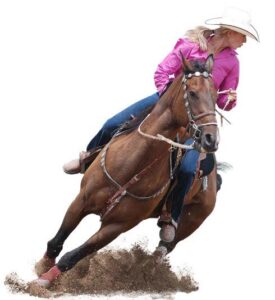 |
“The job must get done come rain, hail or shine. There’s no tomorrow. That flag will wave to start the race, or the band will be going up on stage at gates.
“You have your moments when it goes dark, when the whole stage loses power “This is such a unique industry, we have a separate rulebook — AS/NZS3002 that specifically covers electrical installations at shows, carnivals and events. |
If you want to do this kind of work, all you need is an electrical licence and a can-do attitude. We put all our staff through any extra courses or licences that they will need along the way. Our environment is an ever-evolving beast.”
“You need to be flexible and have a very good understanding of how multiple electrical systems work. But mostly my advice would be to put up your hand and give it a go. There’s always something different, there’s always a new challenge. It’s a lot of fun.”
On the world stage
Travis Anderson is an Events Service Manager, whose work has taken him from the Tokyo Olympics to Bluey’s World and everywhere in between.
“I got my tickets in the army, and from there moved into the production world. I started in events back 24 years ago, touring around the world doing sound, lights and audio for Elton John and Queen, the Comm Games and the Tokyo Olympics. I was one of the lead project managers on the FIFA Women’s World Cup last year.”
“Essentially, my job now is to put it all together.

Working with my team of project managers, we design an electrical overlay solution, and then we deliver on-site. We work right across the events field from music tours and movie sets to greenfield events and sports broadcasts for the AFL, the NRL and the FFA.”
“We are trying to move the needle and get people to think about a sustainable way of actually delivering — moving into battery energy storage systems and working with our fuel suppliers to look at renewables.”
“The people who are the most sought-after in this job are those who have a good understanding of diesel mechanics. The generator is essentially just a big engine. A commercial or a domestic environment is much easier than doing a temporary overlay for something you’ve never seen before, but it all basically comes down to experience.”
“It’s hard work, and thankless a lot of the time. If you do a good job, no one says much, but you’ll certainly get told if you’ve done a bad job! But if you have a love for music and events, it is very, very rewarding. The best thing is when you’ve been working your way through four or five 16-hour days, and then you look around and everyone’s smiling. It’s a great way to earn a living.”
Keep up to date with our latest news and competitions by subscribing to our regular newsletter.
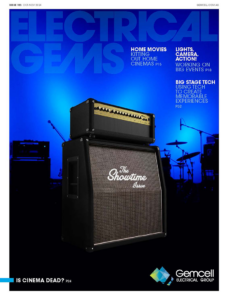
Issue 183
OCT - NOV 2024
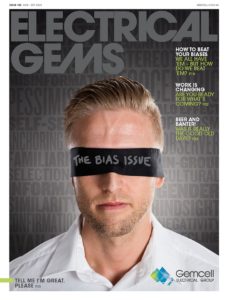
Issue 182
AUG - SEPT 2024
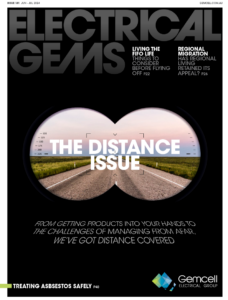
Issue 181
JUN - JUL 2024
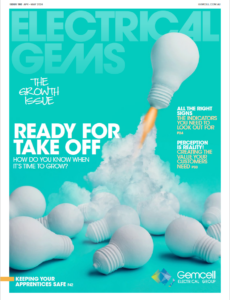
Issue 180
APR - MAY 2024
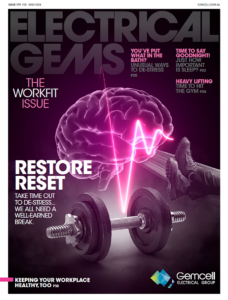
Issue 179
FEB - MARCH 2024
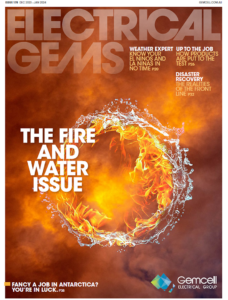
Issue 178
DEC 2023 - JAN 2024
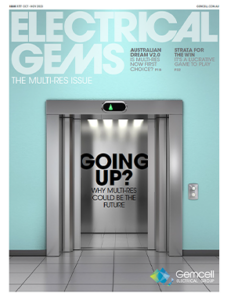
Issue 177
OCT - NOV 2023
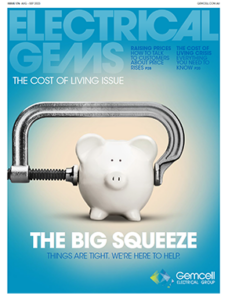
Issue 176
AUG - SEPT 2023
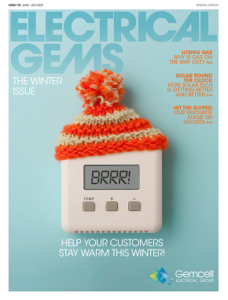
Issue 175
JUN - JUL 2023
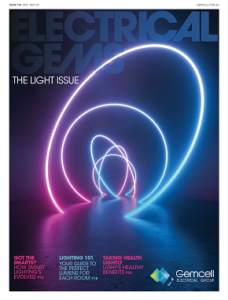
Issue 174
APR - MAY 2023
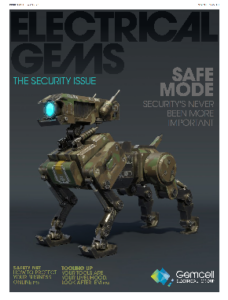
Issue 173
FEB - MAR 2023
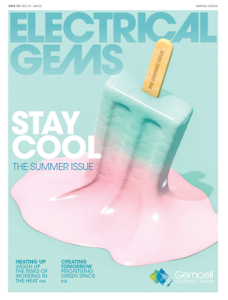
Issue 172
DEC 2022 - JAN 2023
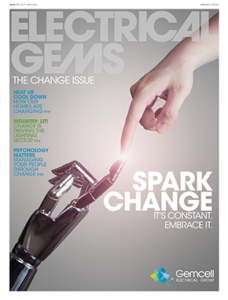
Issue 171
OCT - NOV 2022
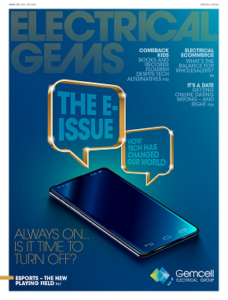
Issue 170
AUG - SEPT 2022
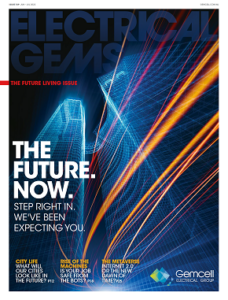
Issue 169
JUN - JUL 2022
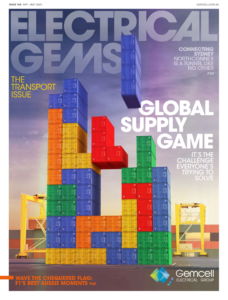
Issue 168
APR - MAY 2022
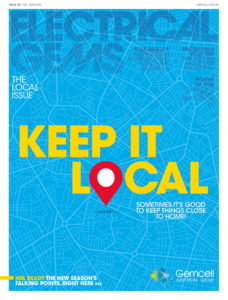
Issue 167
FEB - MAR 2022
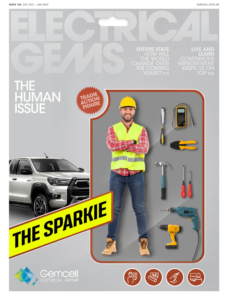
Issue 166
DEC 2021 - JAN 2022
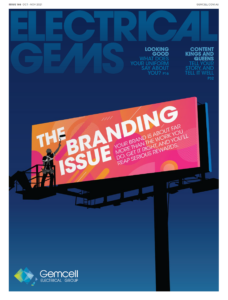
Issue 165
OCT - NOV 2021

Issue 164
AUG - SEPT 2021
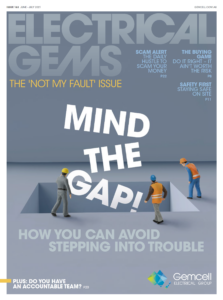
Issue 163
JUN - JUL 2021
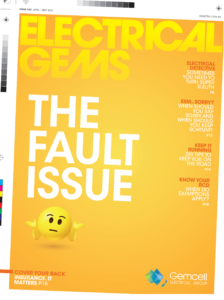
Issue 162
APR - MAY 2021
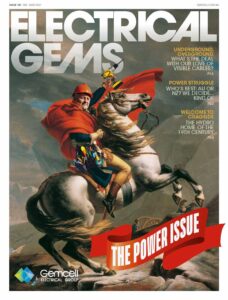
Issue 161
FEB - MAR 2021
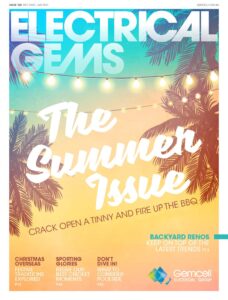
Issue 160
DEC 2020 - JAN 2021
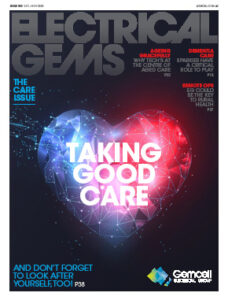
Issue 159
OCT - NOV 2020
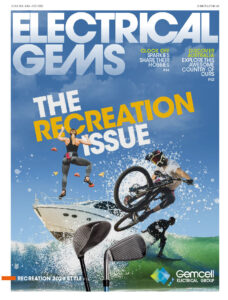
Issue 158
AUG - SEPT 2020
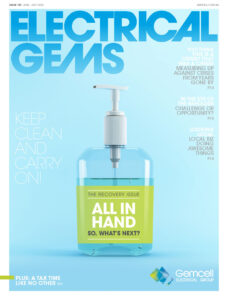
Issue 157
JUN - JUL 2022
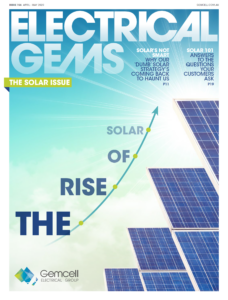
Issue 156
APR - MAY 2020
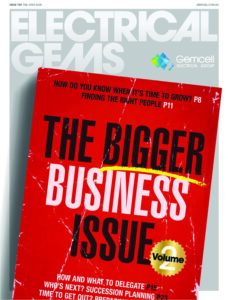
Issue 155
FEB - MAR 2020

Issue 154
DEC 2019 - JAN 2020
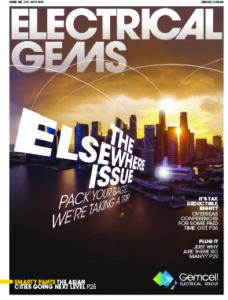
Issue 153
OCT - NOV 2019
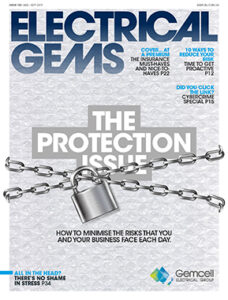
Issue 152
AUG - SEPT 2019
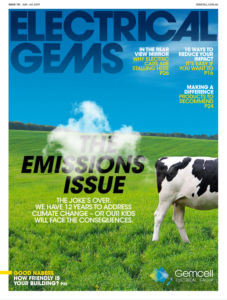
Issue 151
JUN - JUL 2019
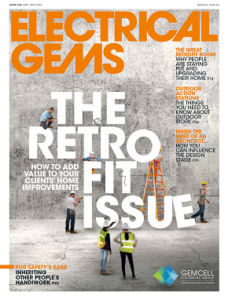
Issue 150
APR - MAY 2019
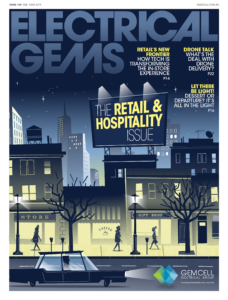
Issue 149
FEB - MAR 2019
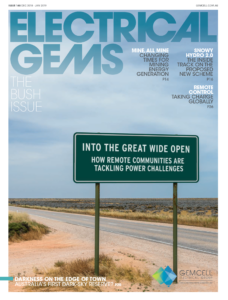
Issue 148
DEC 2018 - JAN 2019
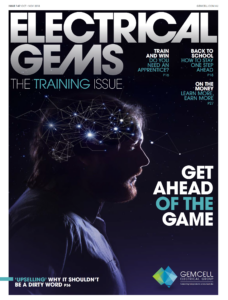
Issue 147
OCT - NOV 2018
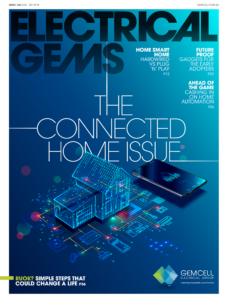
Issue 146
AUG - SEPT 2018

Issue 145
JUN - JUL 2018
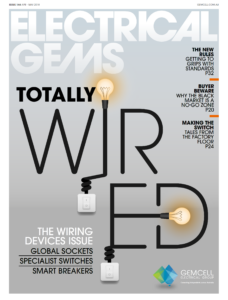
Issue 144
APR - MAY 2018
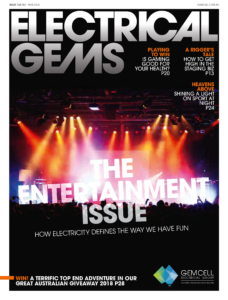
Issue 143
FEB - MAR 2018
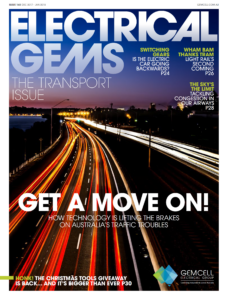
Issue 142
DEC 2016 - JAN 2017

Issue 141
OCT- NOV 2017
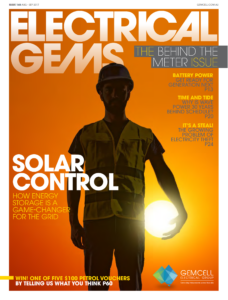
Issue 140
AUG - SEPT 2017
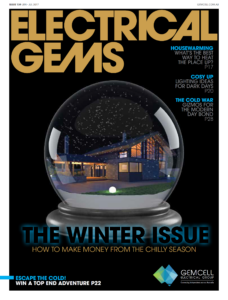
Issue 139
JUN - JUL 2017
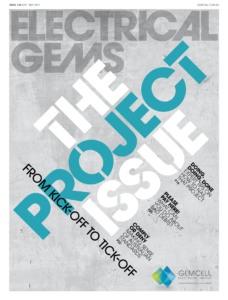
Issue 138
APR - MAY 2017
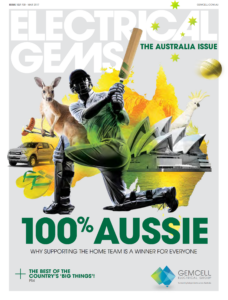
Issue 137
FEB - MAR 2017
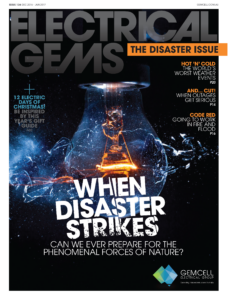
Issue 136
DEC 2016 - JAN 2017
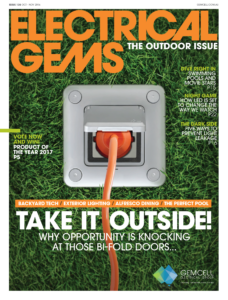
Issue 135
OCT - NOV 2017
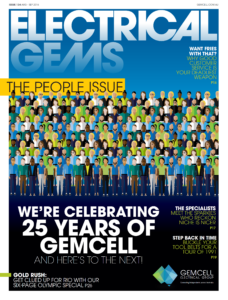
Issue 134
AUG - SEPT 2016

Issue 133
JUN - JUL 2016
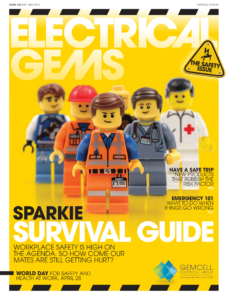
Issue 132
APR - MAY 2016
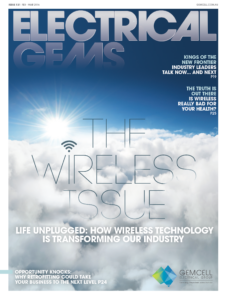
Issue 131
FEB - MAR 2016
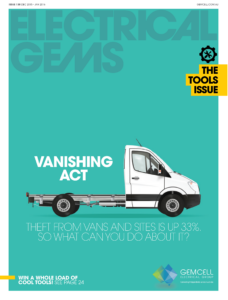
Issue 130
DEC 2015 - JAN 2016
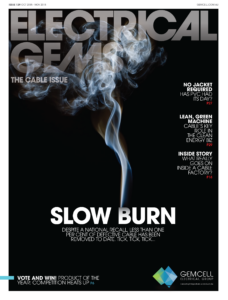
Issue 129
OCT - NOV 2015

Issue 128
AUG - SEPT 2015
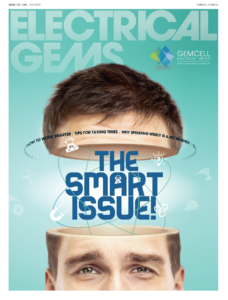
Issue 127
JUN - JUL 2015
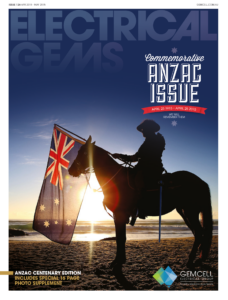
Issue 125
APR - MAY 2015
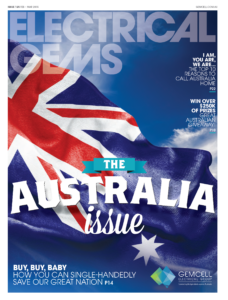
Issue 125
FEB - MAR 2015
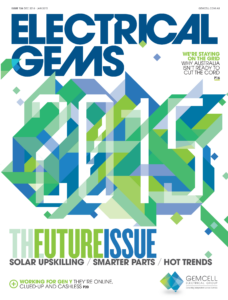
Issue 124
DEC 2014 - JAN 2015
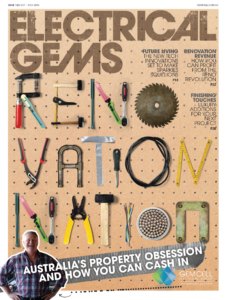
Issue 123
OCT - NOV 2014
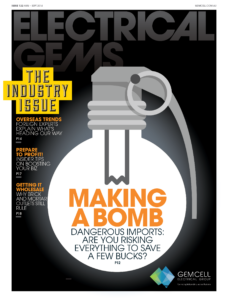
Issue 122
AUG - SEPT 2014
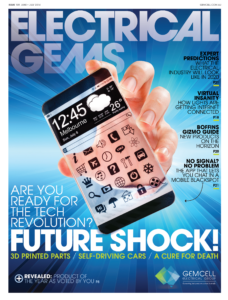
Issue 121
JUN - JUL 2014
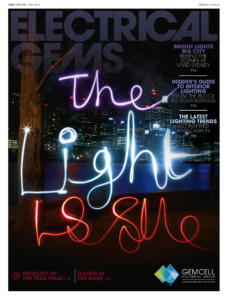
Issue 120
APR - MAY 2014

Issue 119
FEB - MAR 2014
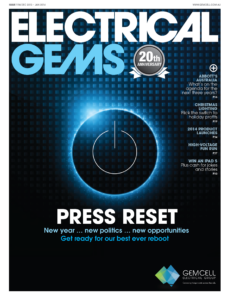
Issue 118
DEC 2013 - JAN 2014
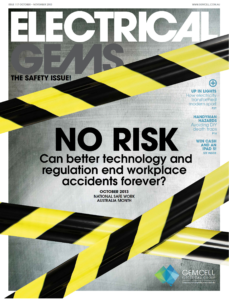
Issue 117
OCT - NOV 2013
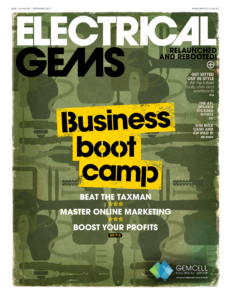
Issue 116
AUG - SEPT 2013

Comments (0)
Write a Comment